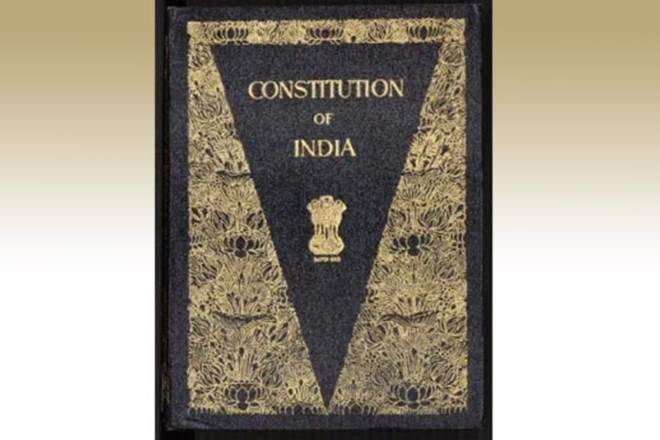The detaining authority is required to communicate to the detenue, (i) grounds of detention; (ii) all the documents referred to in the grounds of detention; (iii) all the documents and material which the detaining authority considers while framing his subjective satisfaction; (iv) detention order and also the police report or dossier if any. The aforesaid has been established by the High Court of Jammu & Kashmir and Ladakh while adjudicating the case of Latief Ahmad Rather v. Union Territory of J&K & anr.[ WP(Crl.) No.25/2020] which was decided upon by a single judge bench comprising Justice Sanjay Dhar on 2nd November 2021.
The facts of the case are as follows. Petitioner has been placed under preventive detention and lodged in Kotbhalwal Jail, Jammu. Petitioner has contended that the Detaining Authority has passed the impugned detention order mechanically without application of mind, inasmuch as the grounds of detention are mere reproduction of the dossier. It has been further contended that the Constitutional and Statutory procedural safeguards have not been complied with in the instant case. It has been further urged that the material which formed basis of the grounds of detention and the consequent order of detention has not been provided to the detenue. 3) The respondents, in their counter affidavit, have disputed the averments made in the petition and insisted that the activities of detenue are highly prejudicial to the security of the State. It is pleaded that the detention order and grounds of detention were handed over to the detenue and same were read over and explained to him. The grounds taken by the petitioner are legally misconceived, factually untenable and without any merit.
The court perused the facts and arguments presented. It was of the opinion that “the petitioner has not been furnished the material which formed the basis of the grounds of detention. It appears that the material showing involvement of petitioner in the five FIRs which formed basis for the grounds of detention has not been furnished to the petitioner. Thus, vital safeguards against arbitrary use of law of preventive detention have been observed in breach by the respondents in this case rendering the impugned order of detention unsustainable in law. there has to be a live and proximate link between the past conduct of the detenue and the activities alleged to be prejudicial to the maintenance of security of the state. In the instant case, the said link is completely missing as the time between the order of detention and the incidents referred to in the grounds of detention is far too large to presume such a link. The impugned order of detention, therefore, cannot be sustained. The respondents by not informing the petitioner about his right to make a representation to the detaining authority against the impugned order of detention, are guilty of committing infraction of a Constitutional right guaranteed to the petitioner under Article 22(5) of the Constitution and the statutory right guaranteed to him under Section 13 of the J&K Public Safety Act. The impugned order of detention is, therefore, rendered invalid and unsustainable in the eyes of law.”
Click here to read the Judgment
Judgment reviewed by – Aryan Bajaj


